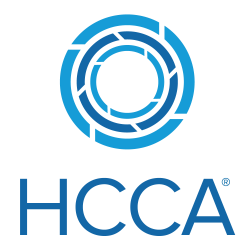The clinical trial industry is clearly warming to the ideas behind decentralized clinical trials (DCTs), but it is ultimately patients who will drive the rate of adoption, says Dave Kelleher, CEO of 4G Clinical, a randomization and trial supply management company.
“People like choices, but if patients don’t accept” remote trials, DCTs may not continue to grow in popularity, Kelleher says. In any event, he notes, “Sites are never going away. Clinicians are not going away.”
Kelleher believes many patients will ultimately embrace, and even demand, DCT options in a “hybrid” configuration for trials where it makes sense, especially when it comes to routine follow-up and non-dosage visits.
A patient-centric focus is about patient choice, Kelleher says. “Choice is really the central theme” that will drive DCT adoption, he adds. “It makes sense to give customers, if you will, as much choice as possible.”
Kelleher also notes that, while DCTs appear to have passed some of their stress tests from being hastily ramped up during the COVID-19 pandemic, the jury’s out on how regulators will approach them down the road.
In general, regulatory bodies were “very effective and pragmatic” in terms of encouraging DCT usage as the pandemic began to impact travel and other aspects of clinical trial operations, Kelleher says. “It will be interesting to see in a year, after the dust settles, how well DCTs did from a compliance standpoint, and how regulatory bodies” may tighten their grip, he adds.
There was some interest in DCTs before the pandemic hit, Kelleher notes, “but the market wasn’t really demanding it yet.” COVID-19 accelerated interest in and adoption of DCTs, he and others have said. For example, 4G Clinical recently landed a $230 million round of investment from Goldman Sachs to accelerate therapeutic discovery in traditional and more patient-centric clinical trials.
Author: Michael Causey



